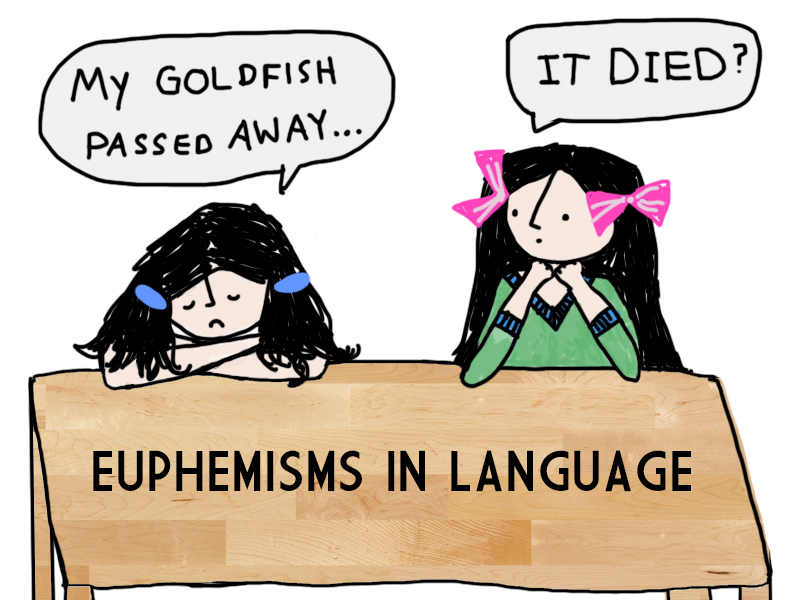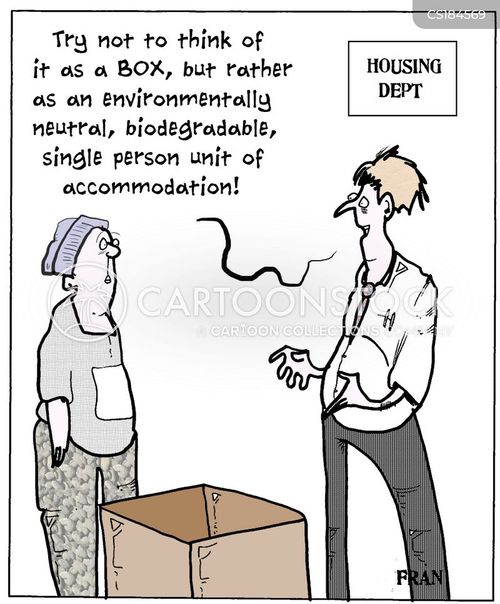In parliament the other day they were talking about removing the word ‘handicapped’ from some piece of legislation and replacing it with the word ‘incapacitated’.
What’s the difference? I wondered. Surely an incapacity is the same as a handicap – ie, something that holds you back.
I’m not a big fan of euphemisms. I prefer to call a spade a spade.
Euphemisms have proliferated wildly in modern-day speech, so reluctant have we become to face facts about human folly or weakness or mortality.
We tremble to describe someone as foreign, stupid, criminal, mad, crippled, diseased, blind, deaf or even dead.
Let’s start with death. Time was, when someone died, we might say they had ‘passed away’ or ‘passed on’. This was to cushion the bluntness of a recent bereavement, but we would eventually get around to saying of the deceased that they had died. But these days you are much more likely to hear that a person has ‘passed’, and to keep on hearing it, even years later.
We’ve even stripped away the prepositions ‘on’ and ‘away’, as if to abolish the distinction between dying and merely going past something.
Our other great anxiety has to do with difference. We are reluctant to apply honest descriptions to the differences between people.
I recently heard on the airwaves someone being described as ‘a person who lives with bipolar disorder’.
This is the prescribed formulation that must be followed nowadays. You cannot be mentally ill. Nor can you simply ‘have’ that disability – the euphemistic process has gone through a second phase and you must now be described as ‘living with’ it.
Don’t get me wrong – I’m not arguing for a return to the days when we called people ‘mongols’ or ‘lunatics’ or ‘spastics’. These labels were scientifically ignorant as well as being rude, and to use them today would be tantamount to calling a spade an effing shovel, a practice of which I also do not approve.
And I do understand the argument underlying this modern squeamishness. It’s all about focussing on the person, not the disability.
But what annoys this lover of plain-speaking is the new rule against applying adjectives, however fitting, to any human difference.
The fact is, there are blind people, and deaf people. What is the essential difference between someone who is blind or partially blind and someone who lives with visual incapacity? And isn’t being mentally ill the same as living with mental illness?
We can’t even talk about bad behaviour any more. It’s now ‘challenging’ behaviour. I suppose it makes sense not to rush to judgment with young people and to give them a chance to learn good behaviour, but there comes a point where we should be allowed to say: don’t do that because it’s BAD!
In case you think I’m exaggerating, remember that when Tracey Grimshaw called Gordon Ramsay an ‘arrogant narcissist’ after he made offensive comments about her, she was roundly ticked off by the relevant lobby group for lacking sensitivity over his narcissistic personality disorder!
The thing about euphemisms is that it’s a never-ending progression. Toilet becomes water closet which becomes lavatory which then becomes washroom then rest room, where there’s no mention of water at all. Best not to be reminded of what actually goes on in a toilet!
The Americans have gone one step further and abolished the whole idea of a space dedicated to indelicate bodily functions by referring to all such facilities as ‘bathrooms’, even when there’s no bath.
Some euphemisms have been invented for knowingly funny purposes. We all know that a public figure who was ‘tired and emotional’ at some function was actually drunk. And we suspect that politicians who say they are leaving the game to ‘spend more time with the family’ may be doing so for reasons that are not so innocent.
The best-ever euphemism for adultery comes courtesy of US politician Mark Sanford, who went missing for five days in 2009, his whereabouts unknown to his family or his staff.
A spokesman said he was hiking the Appalachian trail, but when he resurfaced he eventually confessed he’d been off on a dirty weekend with his Argentinian mistress.
‘Hiking the Appalachian trail’ became instantly recognisable code for ‘having an affair’.
American cartoonists had a field day. Sample: A rucksacked man somewhere in the hills pleads over his mobile phone ‘Honey, I really AM hiking the Appalachian trail!’




